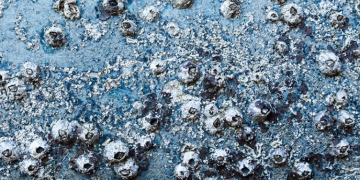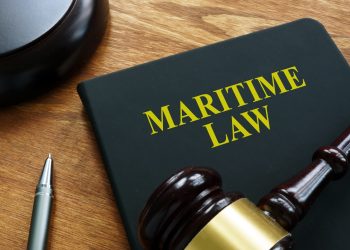UNODC Chief says
 The Indian Ocean could become a haven for criminal activity, participants heard at an event held at the 13th Crime Congress for Crime Prevention and Criminal Justice in Doha.
The Indian Ocean could become a haven for criminal activity, participants heard at an event held at the 13th Crime Congress for Crime Prevention and Criminal Justice in Doha.
“Recent research conducted by the Global Maritime Crime Programme indicates an increase in Dhow traffic between known departure points for heroin trafficking and the east coast of Africa and South Asia, with traffickers adopting innovative concealment methods and using several drop-off points to smaller vessels,” said UNODC Executive Director Yury Fedotov.
To counter this, more robust responses to maritime drug trafficking were needed from the international community he said. Comparing the fight against crime on the high seas with that on land, Mr. Fedotov underscored it was imperative that the maritime domain was not ignored.
UNODC has worked with Member States and other partners to achieve impressive results in the maritime piracy fight. The four piracy prosecution states, Kenya, Seychelles, Mauritius and Tanzania, for example, have tried three hundred and fourteen suspected pirates in the last four years.
But, he said, it was now time to take the fight forward against the maritime traffickers. UNODC was doing this through its new Global Maritime Crime Programme, which is now geared towards taking on transnational organized crime on the high seas.
“While there remain challenges with prosecuting narcotics traffickers detected at sea, we will continue to work with coastal states to introduce enabling legislation, in line with international conventions, that will help to improve investigations and strengthen criminal justice responses,” said Mr. Fedotov.
Other speakers at the event included Minister of Justice of Sri Lanka, Wijeyadasa Rajapakshe, Minister of Home Affairs of Seychelles, Charles Bastienne, Deputy Commander, Combined Maritime Forces (CMF), Commodore Will Warrender, Head, Global Maritime Crime Programme (UNODC), Alan Cole.
Source: UNODC


























































